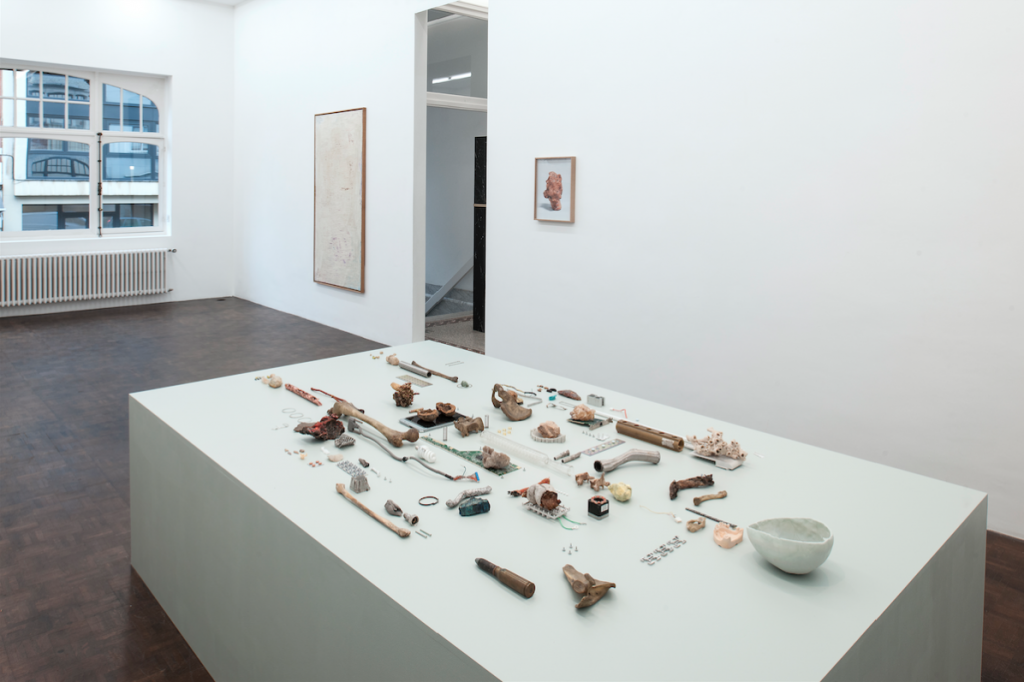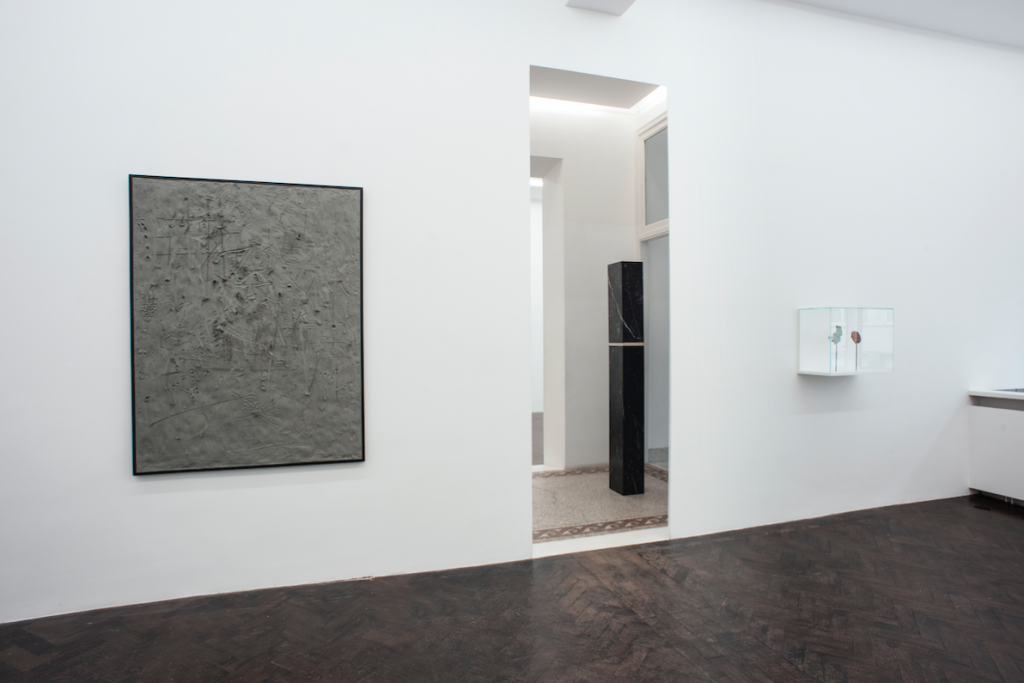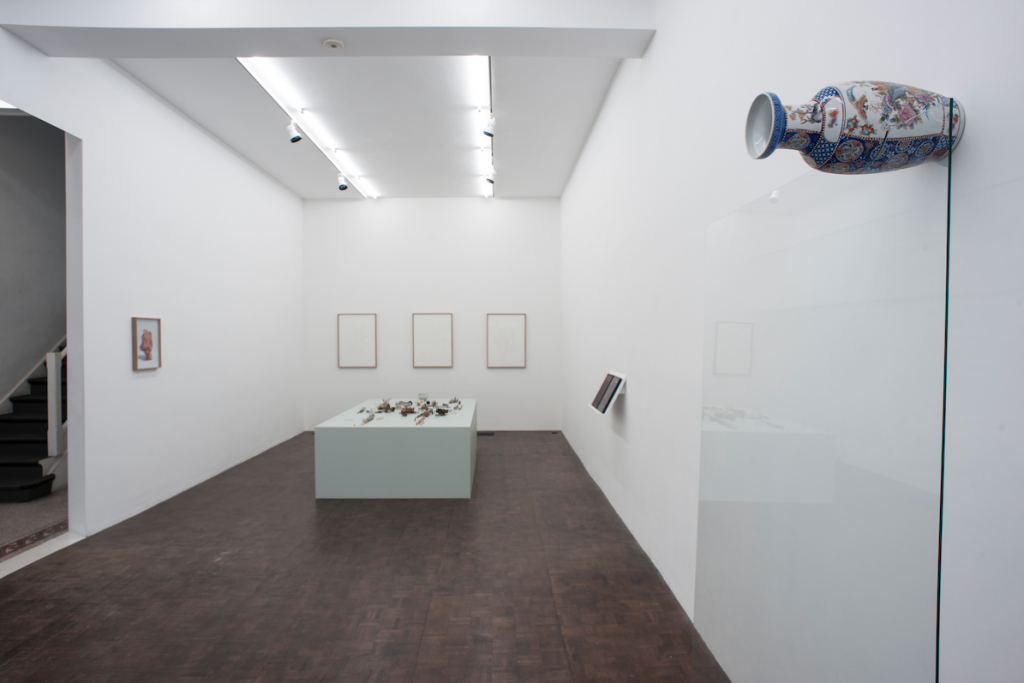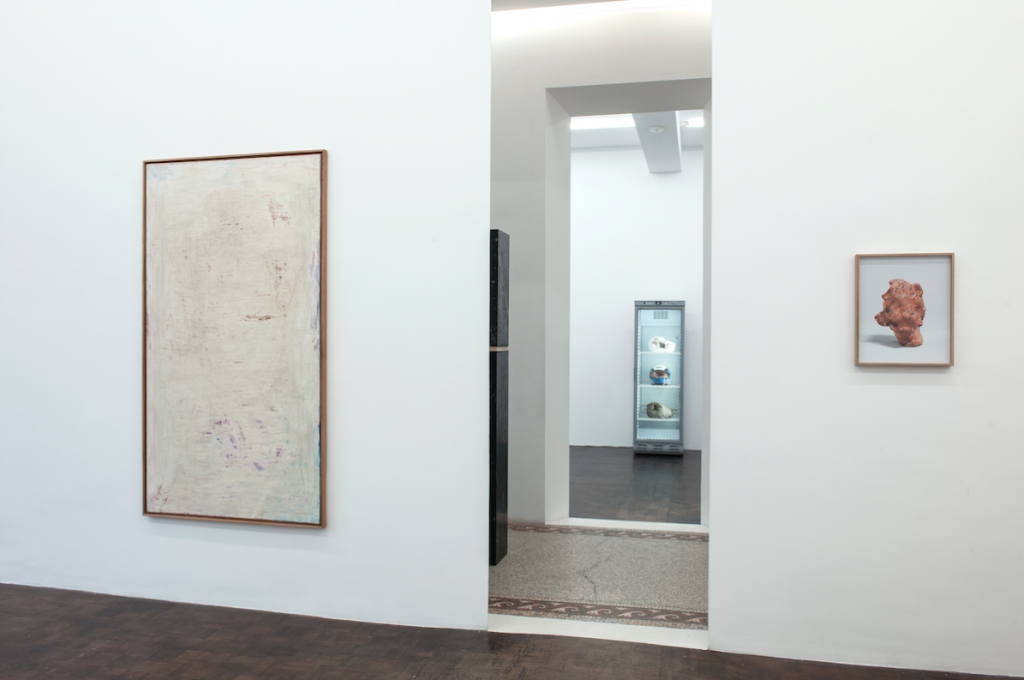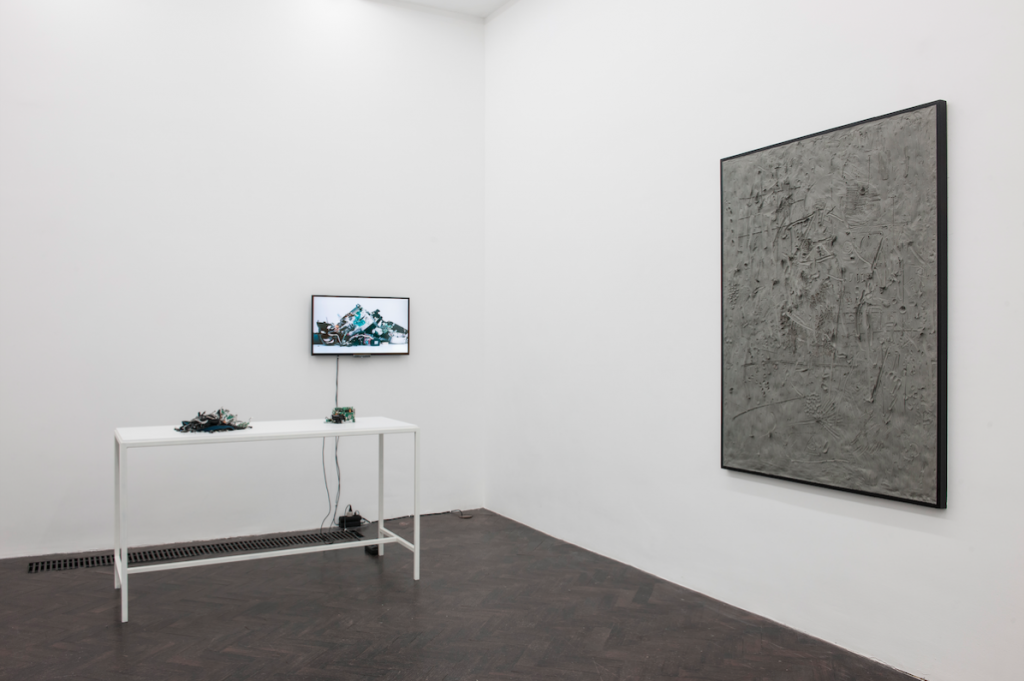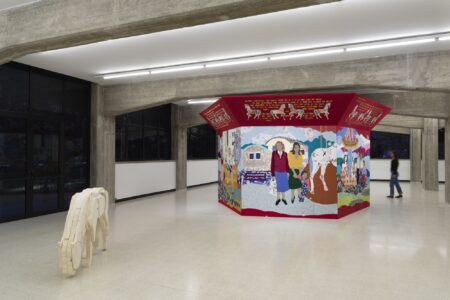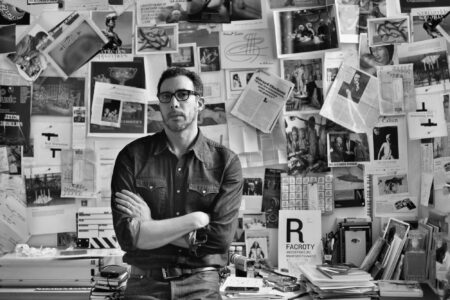Nicolás Lamas: the Art-chaeologist of Darkness
Contemporary artist Nicolás Lamas explores concepts of time, humanity, power and technology in his current show ‘The Archaeology of Darkness’
We live in a world of extreme measures of time. There is Geological Time, also known as Deep Time which is measured by the slow geological processes that shape our earth over millions of years. Then, there is System Time, in which computers and other devices run and which moves far faster than you can blink, in nanoseconds and even zeptoseconds — the measurement of a trillionth of a billionth of a second. The work of Peruvian artist Nicolás Lamas could be said to look at both of these extremes from a perspective that sits somewhere in between.
His solo exhibition, Archaeology of Darkness, is currently on display at Meessen De Clercq gallery Brussels. Like the two former shows that Nicolás Lamas has had in this space, his fascination with the connections, associations and exchanges between the physical and the virtual continues to be a prominent theme.
Upon entering the exhibition, the visitor is welcomed by two blocks of black marble which wedge the symbolic book L’Homme et le Temps (Man and Time) between them. The work is eerily entitled Dark Times.
The exhibition continues with a diverse range of works that guide the visitors through it, somewhat like an ethnographic exhibition with archeological specimens on show. In one piece Lamas pairs an ancient Sumerian tablet that symbolizes the birth of writing about 6000 years ago with fragments of computer components that represent our modern era. This combination ponders the technologies of communication as a form of evolutions and questions the technological deterministic way of thinking in the 21st century.
Another work La Société du Spectacle (Society of the Spectacle) whose title references the seminal text by Guy Debord, shows a video camera filming its own dismantled parts. A quasi-modern day still life, the work could be read as a metaphor for a world that is documenting its very destruction yet is completely alienated from it.
Technological redundancy and the fragility of memories are explored in another section of the exhibition in which already obsolete photocopiers of yesteryear act as plinths for copies of statues from antiquity. The copiers are stripped of their plastic casings exposing their hardware bones whilst the printed statues lose their sense of splendor in their reproduction. Both technologies of the copier and sculpture were created to disseminate ideas, the former to reproduce and distribute and the latter to promote an idea of posterity via the 3D image of a person. Their redundancy again acts to shine a light on the contemporary methods of disseminating and controlling information and their ability to create power but also their potential weaknesses.
The exhibition also includes media such as framed photographs, bones arranged as if specimens and a fridge with found objects on its shelves, amongst others.Nicolás Lamas’ work allows us to consider the future of time and humanity and the emergence of new technologies as a moment in an evolutionary process of which we are just tiny part.
‘Archaeology of Darkness’ will be on display at Meessen De Clercq until February 16
